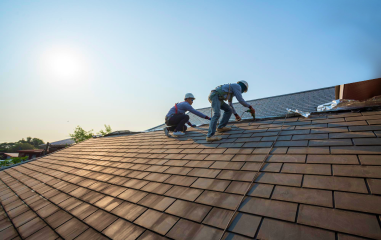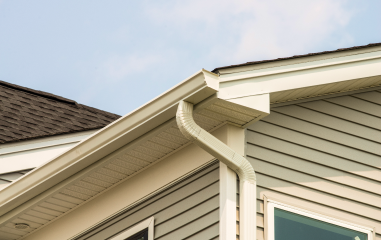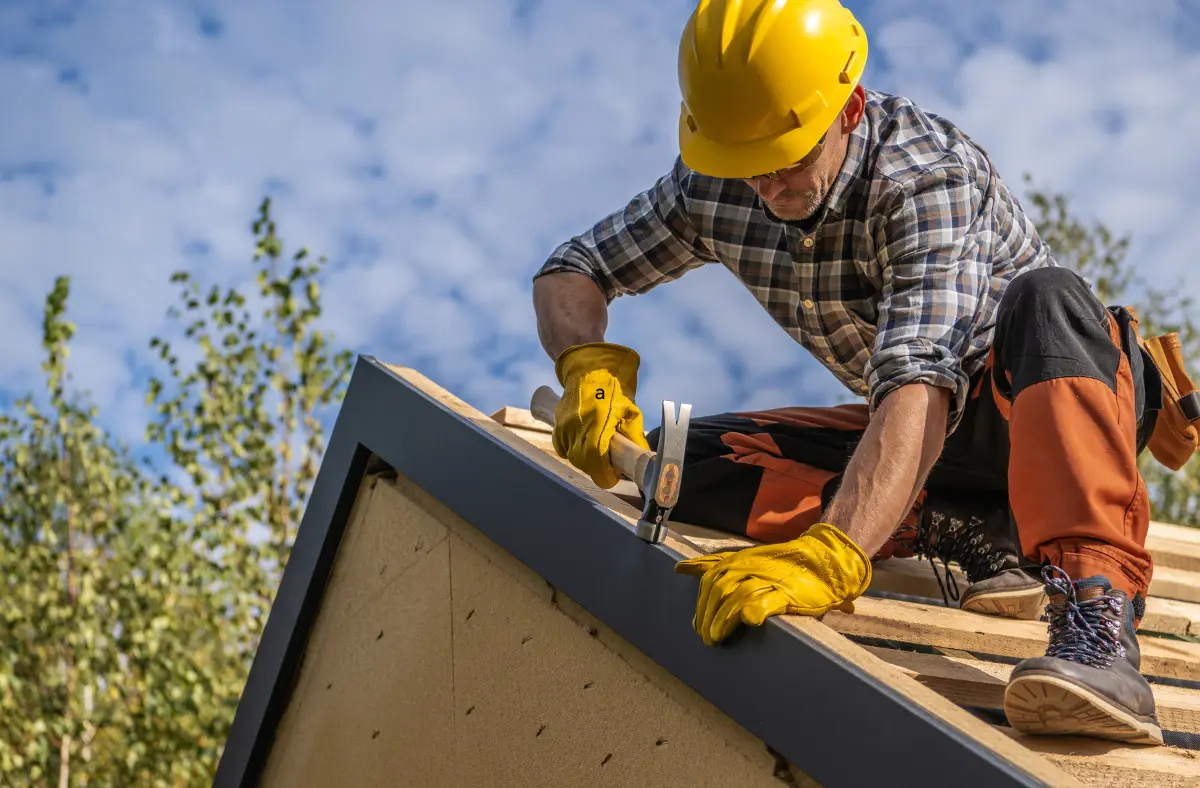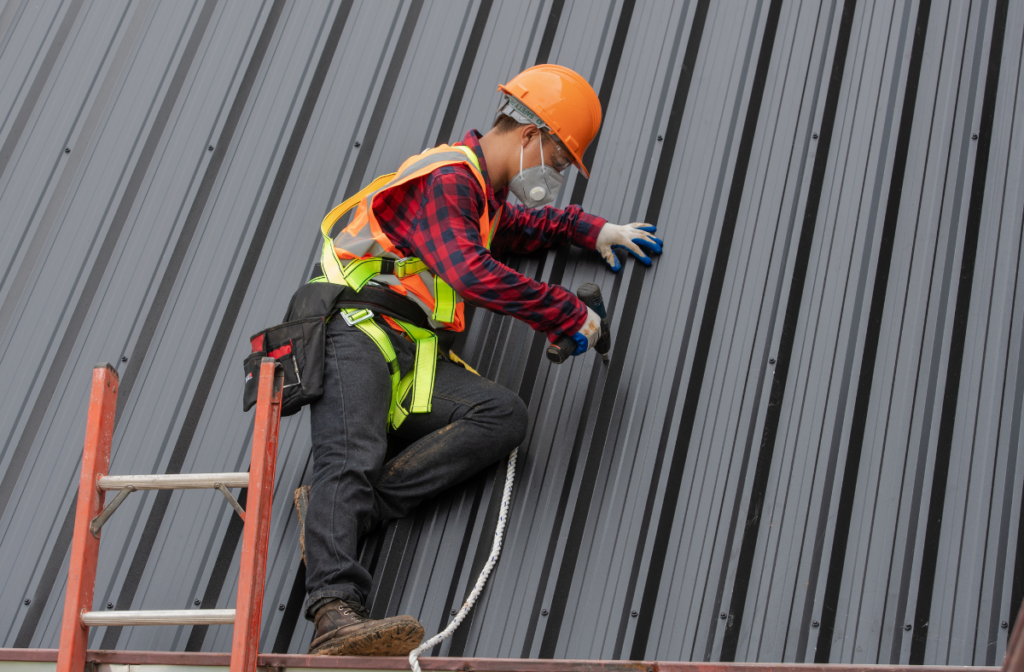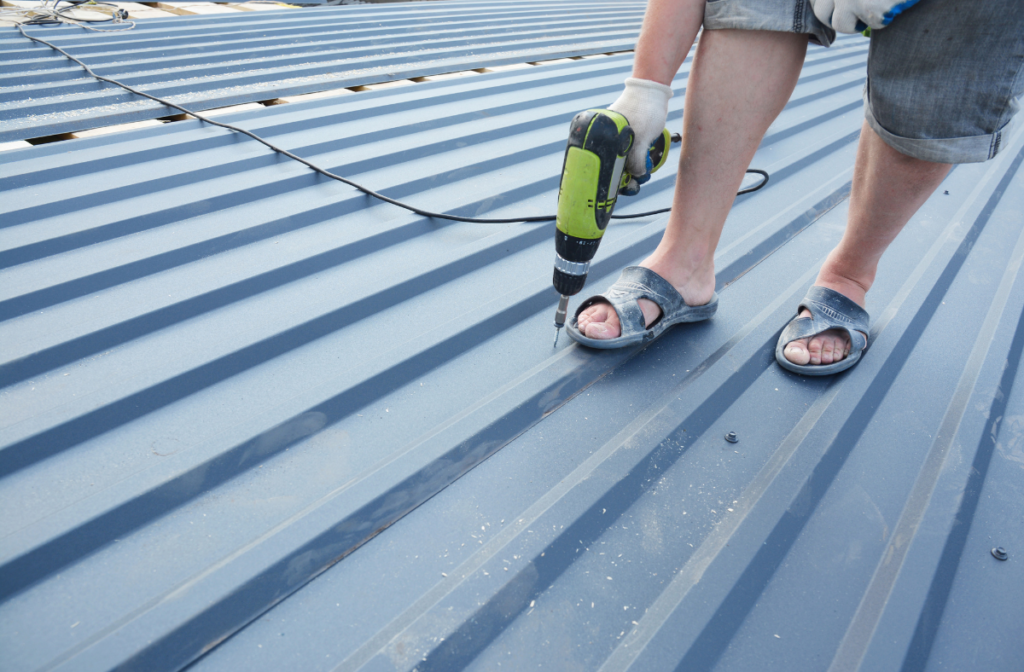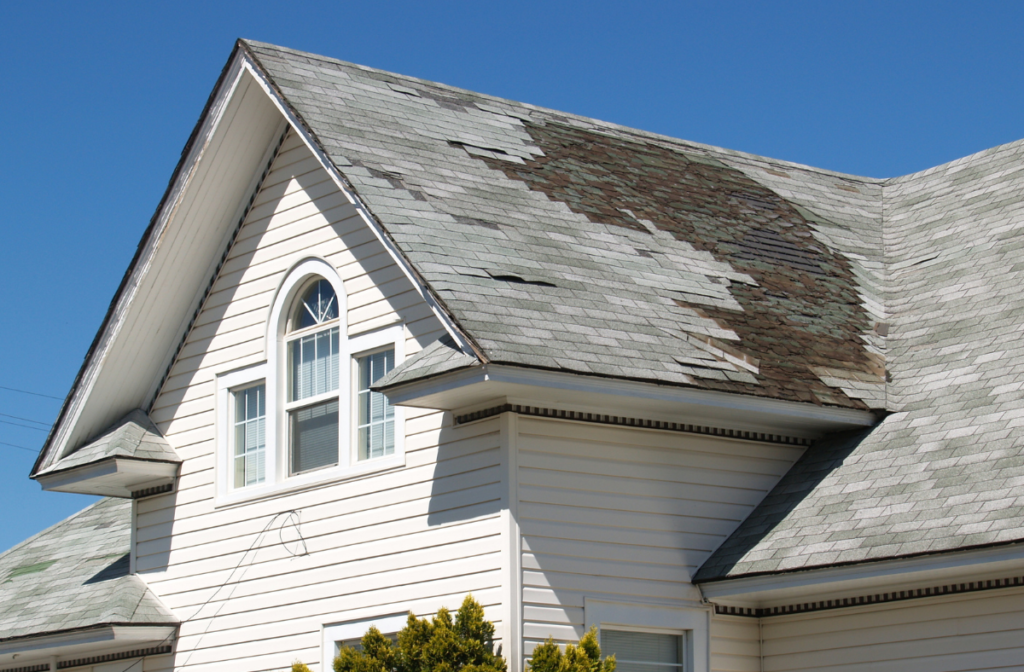Installing a new roof is one of the largest investments you’ll make in your home. In Texas, where roofs face scorching heat, heavy rains, hurricanes, and hailstorms, choosing the right roofing materials and contractor is only half the battle. The other half is making sure your investment is protected by a solid roof warranty.
A roofing warranty can mean the difference between peace of mind and thousands of dollars out of pocket if something goes wrong. But not all warranties are created equal. Before you sign on the dotted line, you need to know what’s covered, what’s not, and how long your protection lasts.
In this article, we’ll break down the different types of roof warranties, what to look for in the fine print, and some red flags to avoid, so you can protect your home and your wallet.
Table of Contents
Not sure if you should repair or replace your roof? Give us a call for FREE roof inspection
Why Does A Roof Warranty Matter?
A roof is more than shingles and nails. It’s your home’s first line of defense against Texas weather. From hurricane-force winds to hailstorms or the searing sun, your roof takes a beating year-round.
Without a strong warranty, you may find yourself paying out of pocket for repairs or replacement when problems arise.
A good roof warranty does three things:
Protects Your Financial Investment
Installing a new roof isn’t cheap. The cost to replace a new roof can range anywhere from $6,000 – $20,000, depending on the size and materials. A good roof warranty ensures that your financial investment is protected in case of any defects or issues with the materials or installation. You won’t have to bear the cost of any repairs or replacements, saving you money in the long run.
Provides Peace of Mind
Aside from the financial benefits, a good roof warranty also provides peace of mind. Knowing your roof is covered by a strong warranty gives you confidence that if any issues arise, they will be covered. This can also be a selling point when it comes to putting your house on the market, as potential buyers will appreciate having the added security of a reliable roof warranty.
Signals Quality and Accountability
If a contractor offers a short warranty, it’s a sign that they don’t stand behind their work or want to be held responsible if something is wrong with the roof installation. On the other hand, a longer warranty indicates the contractor is confident in their work and takes accountability for any potential issues.
There’s a reason M&M Roofing, Siding, and Windows offers a lifetime warranty on all new roof installations. We take pride in our craftsmanship and attention to detail. If, for any reason, you’re not satisfied with some part of your new roof, we’ll come back and make it right.
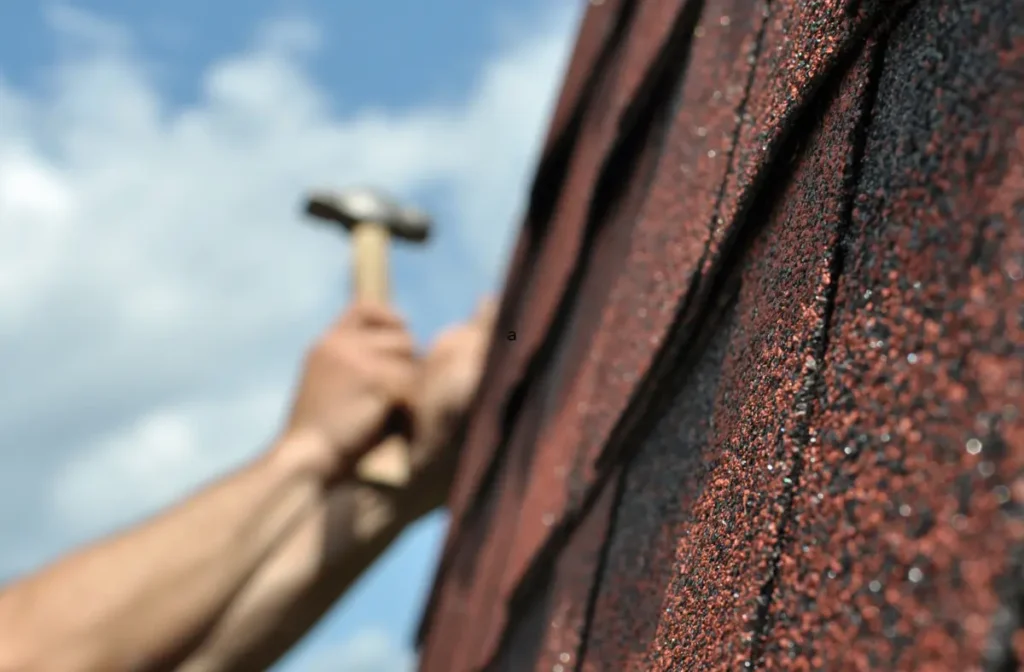
What Are The Different Types of Roof Warranties?
There are several types of warranties you should receive when you install a new roof.
Manufacturer’s Warranty
This roof warranty covers the roofing materials, like the shingles, underlayment, and sometimes ventilation products. Manufacturer warranties typically last 20 to 50 years, depending on the product line.
For example, premium asphalt shingles often carry a “lifetime limited warranty,” while standard shingles may have a 25-year coverage. But here’s the catch: most manufacturer warranties cover only defects in the materials, not damage from improper installation.
So even if you choose the best materials for your roof, if it’s installed improperly the warranty doesn’t apply. That’s why it’s so essential to work with a reputable roofing contractor who has years of experience and many positive reviews.
Workmanship or Contractor’s Warranty
This roof warranty is issued by the roofing company and covers installation quality. If your contractor makes mistakes, like improper flashing, poor nailing, or inadequate sealing, the workmanship warranty is what saves you.
The length of workmanship warranties varies widely. Some companies offer as little as 1–2 years, while others, like M&M Roofing, Siding, and Windows, stand behind their work with a lifetime workmanship warranty.
We’ve been in business for more than 40 years and have installed more than 20,000 new roofs. We stand behind every job we complete and treat our customers like family. We also have 1,000+ positive reviews. When you work with us, you’re in safe hands.
Key Things To Look For in a Roof Warranty
Before you sign on with a roofing contractor, take a close look at the warranties they offer. Look for:
Coverage Length
The first detail most homeowners notice is how long the warranty lasts. While 30 or 50 years might sound impressive, read carefully. Many warranties are prorated, meaning coverage decreases as the roof ages.
- Non-prorated warranties offer full replacement value for a set period.
- Prorated warranties gradually reduce coverage after a certain number of years.
So with a prorated warranty, the older your roof gets, the less you’ll get if repairs are needed. Ideally, you want non-prorated coverage for as long as possible.
Transferability
If you plan to sell your home, a transferable warranty can boost its resale value. Buyers love knowing the roof is still covered. Some warranties allow a one-time transfer within a certain period (often 10 years), while others are non-transferable.
Before signing, ask: Will this warranty transfer to the next homeowner?
If you plan on staying in your home for many years, transferability may not be as much of an issue. But if you’re hoping to move within the next few years, this matters quite a lot.
Exclusions and Limitations
Not everything is covered by a roof warranty. Many of them commonly exclude:
- Storm or hail damage (often filed under homeowners insurance instead)
- Damage from poor ventilation or moisture buildup
- Lack of proper maintenance (such as failing to keep gutters clean)
- Alterations or repairs by non-approved contractors
Read these carefully. Exclusions are often where warranty claims get denied. Also, make sure to perform roof maintenance on a regular basis.
What Voids the Warranty
There are a number of things that can void a warranty. For example, if you try to repair your roof yourself, that can cause your roof warranty to be voided. The same goes for using unapproved materials or roofing contractors, installing new shingles over old ones, and failing to maintain adequate attic ventilation.
In Texas, where high humidity and heat make ventilation crucial, this last point is especially important.
Make sure to carefully read your warranty to ensure you don’t do anything that will void your warranty.
Red Flags To Avoid
There are several red flags to watch out for before agreeing to work with a contractor. If a warranty only covers your roof for a few years, stay away from that contractor. They don’t have confidence that their roof installations will stand the test of time.
Also, if there are vague or confusing exclusions, you shouldn’t work with that roofing company. If the warranty language seems designed to deny claims, it probably is.
Finally, don’t ever rely on just a handshake or a promise from a roofing contractor. A reliable roofing company will provide clear, written documentation of both material and workmanship warranties.
If you need a new roof or need to repair your roof, give us a call for a free roof inspection!
Final Thoughts
Before you sign a roof warranty, make sure you understand exactly what you’re getting. Look beyond the flashy “50-year warranty” headlines and dig into the details.
A roof is too big an investment to leave unprotected. The right warranty can save you thousands of dollars and give you confidence every time a storm rolls through.
At M&M Roofing, Siding, and Windows, we believe homeowners deserve transparency, protection, and trust. That’s why we proudly offer a lifetime workmanship warranty and guide our customers through every step of the process.
If you’re ready for a roof replacement, contact M&M Roofing today for a free roof inspection and consultation.
M&M Roofing, Siding, and Windows has been serving homeowners for over 40 years. Call us or complete the request form to schedule a FREE roof inspection and consultation.



